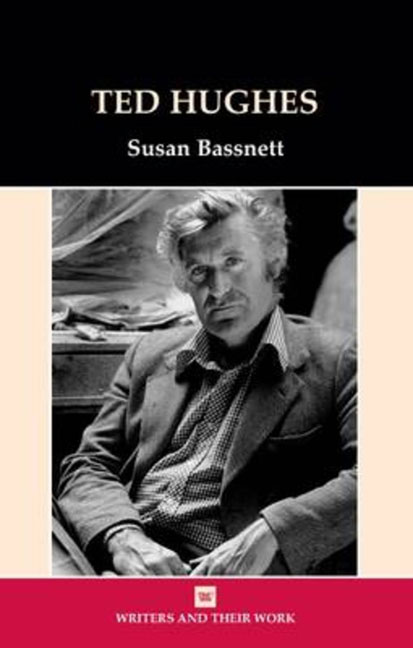Book contents
- Frontmatter
- Contents
- Acknowledgements
- Biographical Outline
- Abbreviations
- Introduction
- 1 ‘A sudden sharp hot stink of fox’: Ted Hughes and Nature
- 2 ‘Crowlookedattheworld’: The Poet as Shaman
- 3 ‘Being British is the mystery’: Hughes and his English Roots
- 4 ‘His voice felt out of the way. “I am”, he said’: Language and Mythology
- 5 With the Word burn the hearts of the people’: Ted Hughes and Translation
- Notes
- Select Bibliography
- Index
4 - ‘His voice felt out of the way. “I am”, he said’: Language and Mythology
- Frontmatter
- Contents
- Acknowledgements
- Biographical Outline
- Abbreviations
- Introduction
- 1 ‘A sudden sharp hot stink of fox’: Ted Hughes and Nature
- 2 ‘Crowlookedattheworld’: The Poet as Shaman
- 3 ‘Being British is the mystery’: Hughes and his English Roots
- 4 ‘His voice felt out of the way. “I am”, he said’: Language and Mythology
- 5 With the Word burn the hearts of the people’: Ted Hughes and Translation
- Notes
- Select Bibliography
- Index
Summary
Throughout his writing life, Ted Hughes experimented with different forms, going beyond poetry to work with both prose and play-writing. Sometimes his experiments were well received by critics, at other times less so, and some of his work aroused strong conflicting opinions. Gaudete, for instance, has been hailed as a masterpiece by some, and condemned as ‘a ludicrous travesty’ by Anthony Thwaite, who describes Hughes as a fascinating but often bewildering writer. What links all his writing, however, no matter whether he was producing poetry, stories, plays, translations or critical studies are his constant endeavours to push the boundaries of language, to test the elasticity of English and to use all kinds of different registers, from high poetic language to colloquial Yorkshire speech. Writing in different genres enabled him to try out varieties of English, and his work for the theatre and stories for children reflect a growing interest in orality.
There is also another element that connects Hughes's writing over several decades: the recurrent presence of two mythical figures, one male and one female, who came to occupy a central place in his thinking and who emerge again and again in diverse ways in his works. The first of these is the Great Goddess, a figure of universal power, whose presence is strongly evident in Celtic mythology.
When Hughes went up to Cambridge in 1951 to read English, his teacher gave him a copy of Robert Graves's The White Goddess as a gift. This work was something of a cult book among English literature students at the time, and he introduced Sylvia Plath to it, with extraordinary results. Graves's hypothesis is that the oldest form of religion is worship of the moon goddess in her three phases: the waxing moon is a young, beautiful woman, whose colour is white, the full moon is the sensual, strong, maternal woman whose colour is red, the waning moon is a hag, whose task is to lay out the dead and whose colour is black. In the ancient world the goddess was all-powerful, until deposed by male-centred religions such as Christianity, where she survives as one manifestation in the figure of the Virgin Mary.
- Type
- Chapter
- Information
- Ted Hughes , pp. 65 - 81Publisher: Liverpool University PressPrint publication year: 2009



